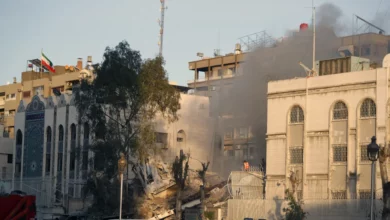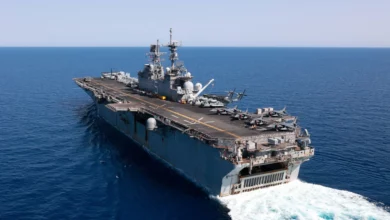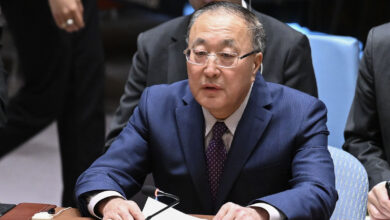
As yet another round of talks gets underway on Syria in Vienna on Saturday, here is a recap of efforts to end the four-year-old conflict:
Arab initiatives
– November 2, 2011: The Arab League says it has reached an agreement with Syria to end the fighting, free detainees and get troops to pull out of cities.
None of the clauses are respected, however, and the League suspends Syria in the subsequent weeks before approving unprecedented sanctions against it.
In early 2012, Damascus formally rejects the plan and says it is determined to crush the rebellion.
Annan plan
– April 12, 2012: UN and Arab League envoy Kofi Annan manages to establish a truce, but it collapses within just a few hours.
Geneva I
– June 30, 2012: A so-called action group meeting in Geneva says it has reached agreement on a Syrian transition of power, but quickly reveals differing interpretations of the deal.
The group consists of Arab states, Britain, China, France, Russia, Turkey, and the United States.
Washington says it marks the start of a "post-Assad" period, in reference to Syrian President Bashar al-Assad, while Beijing and Moscow maintain that it is up to Syrians to determine their own future.
Chemical weapons agreement
– September 14, 2013: Russia and the United States agree in Geneva to dismantle Syria's chemical weapons arsenal, thus averting a threatened US-led strike against Syria at the last minute.
The event follows an attack using chemical weapons that is attributed to Assad's regime.
Geneva II
– January 22-31, 2014: Negotiations take place in Switzerland between representatives of the Syrian government and opposition figures. They are backed by Russia and the United States respectively, but end without results.
On February 15, 2014, UN mediator Lakhdar Brahimi, who has replaced Annan, puts an end to the talks. He resigns on May 13, after more than 20 months of fruitless efforts.
UN plan
– August 17, 2015: The UN Security Council gives unanimous support to an initiative aimed at finding a political solution to the conflict, but which is received with scepticism by both the Syrian government and opposition groups.
Russian offensive
– October 20, 2015: After three weeks of Russian air strikes in Syria, President Vladimir Putin launches a diplomatic initiative and invites Assad to Moscow for a high-profile visit.
Vienna talks
– October 23 and 29, 2015: Russian Foreign Minister Sergei Lavrov, US Secretary of State John Kerry, Saudi Foreign Minister Adel al-Jubeir and Turkish counterpart Feridun Sinirlioglu meet in Vienna on the conflict.
– October 30, 2015: 17 countries, including Russia, the United States, France, and for the first time Iran meet in Vienna to find a political solution.
The meeting breaks up with participants in deep disagreement over the fate of Assad.




